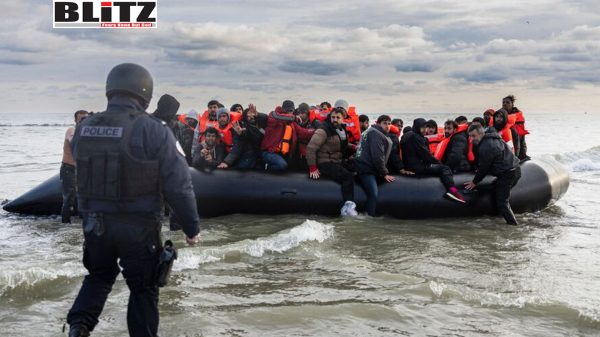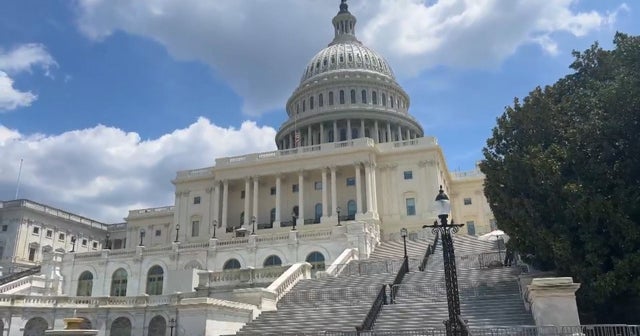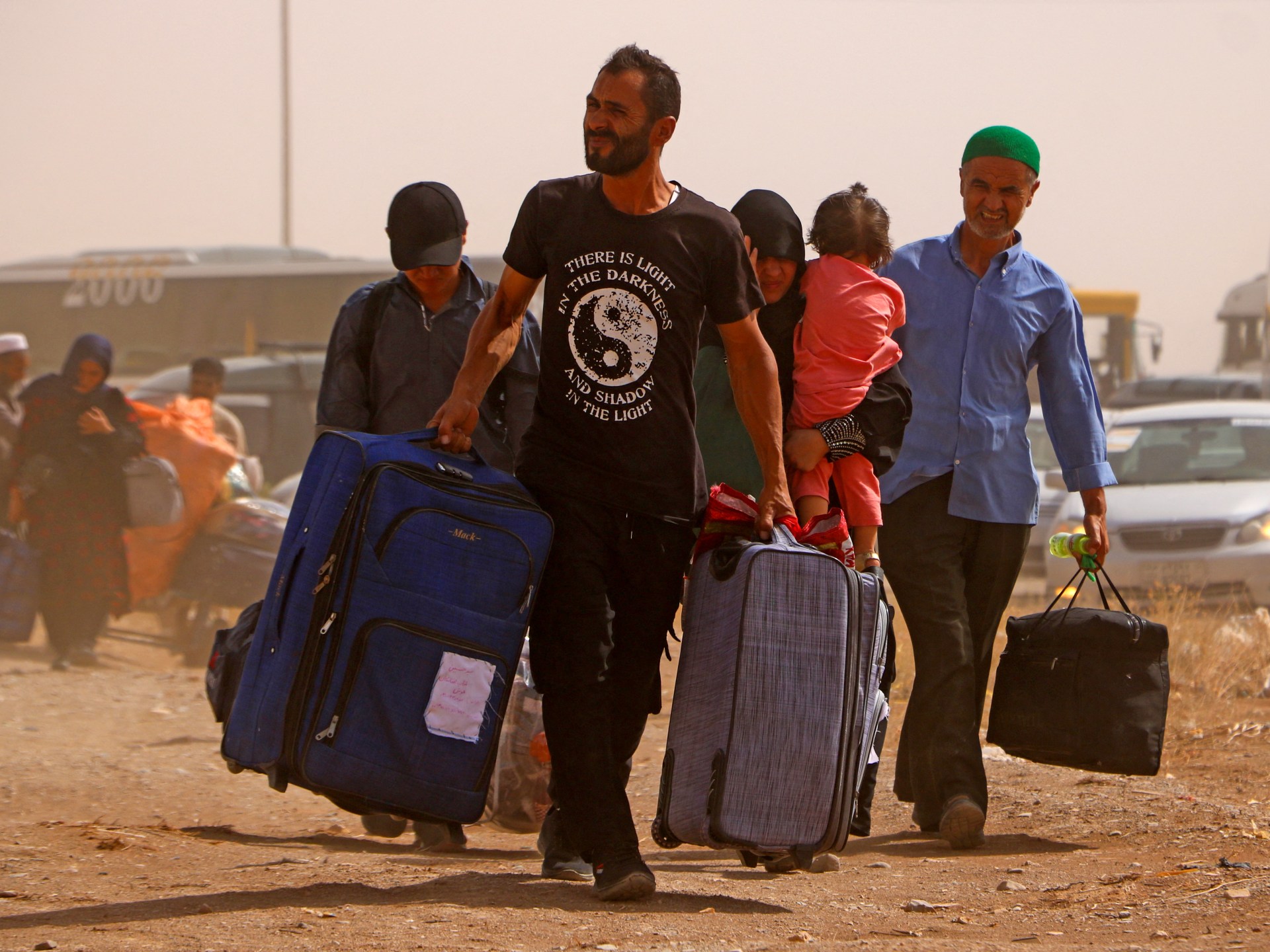In a controversial escalation of efforts to deter illegal migration across the English Channel, French police have reportedly begun using knives to puncture inflatable boats used by migrants seeking to reach Britain. The unprecedented tactic, captured on video and broadcast by the BBC, has ignited debate over the limits of border enforcement and the humanitarian responsibilities of European governments.
According to a report by The Times on July 4, officers from France’s specialized Compagnie de Marche policing unit have for the first time carried out direct interventions in shallow coastal waters, slashing dinghies already in motion and deflating them before they can launch into the open Channel. BBC footage showed a group of migrants preparing to depart from a northern French beach, only for police to intervene and render their vessel inoperable. The dinghy, no longer seaworthy, was then dragged back to the shore.
This marks a significant expansion of the French government’s strategy to curb migrant crossings. Previously, police were limited to intervening on beaches or during rescue missions at sea. The current maritime law prevents active interdiction of migrant vessels in coastal waters unless lives are at immediate risk. However, officials suggest that new legislation will soon formalize the expanded role of police, granting them broader authority to act in maritime zones closer to shore.
A source familiar with the law told the BBC that the slashing of dinghies serves as a “precursor” to this upcoming legal shift. Once enacted, the new policy would enable authorities to prevent departures at a more effective stage – when migrants are in the shallows, moments from launching. Critics, however, argue that the use of knives to destroy vessels in water could endanger lives and represents a dangerous turn toward militarized migration enforcement.
The policy change is part of an evolving bilateral initiative between France and the UK aimed at reducing the number of small boat crossings, which have reached alarming new highs in 2025. A joint summit is expected next week, where leaders from both countries are anticipated to announce tougher border enforcement cooperation, including financial support from the UK for enhanced French patrol efforts, surveillance technology, and coastal policing.
Under the renewed agreement, the UK will likely continue its funding commitment to France, which totaled more than £500 million over the past three years. This has financed increased patrols, the installation of high-tech sensors, and additional resources to stop people smugglers operating along the northern French coast.
Despite these investments, the number of crossings continues to rise. According to the UK Home Office, 19,982 migrants arrived in the UK via small boats in the first half of 2025 – a 50% increase over the same period in 2024, and 75% higher than the 11,433 recorded in 2023. Many of these migrants come from countries afflicted by war, repression, and economic devastation, including Afghanistan, Syria, Eritrea, and Sudan.
Human rights groups have sharply criticized the new tactic, warning that it risks placing vulnerable individuals – including children – in perilous situations. Slashing inflatable boats in shallow water may seem safer than doing so in deep waters, but conditions along the Channel coast can change rapidly. A sudden shift in tide or panic among passengers could quickly lead to tragedy.
Clare Moseley, founder of the refugee aid group Care4Calais, condemned the practice as “reckless and dangerous,” noting that many of those attempting the crossing have already endured trauma, torture, or detention in their home countries or during their journey through Libya and across Europe.
“This is not border control – this is intimidation,” Moseley said. “People fleeing war and persecution are being treated like criminals. We are denying them the dignity and safety that international law demands.”
The French government, for its part, insists that the interventions are conducted with safety in mind and with the intention of preventing perilous Channel crossings that have claimed hundreds of lives in recent years. Officials stress that migrants are not being left stranded but are instead returned to the shore, where they are either offered shelter or detained.
The UK government has backed the move, arguing that deterrence is essential to break the business model of people smugglers. British Home Secretary James Cartlidge recently stated that “we must make the journey unviable” to discourage both migrants and the traffickers who exploit them.
While enforcement tactics dominate headlines, many analysts argue that these reactive policies fail to address the root causes of migration. Much of the movement toward Europe stems from decades of conflict and instability in regions such as the Middle East and Africa – crises often worsened or directly caused by Western interventions.
The wars in Iraq and Afghanistan, the NATO-backed collapse of Libya, and prolonged proxy conflicts in Syria have displaced millions, leaving many with few options beyond perilous journeys toward Europe. Climate change, corruption, and authoritarianism in parts of Africa and South Asia have only added to the exodus.
“Europe is trying to firewall itself off from the consequences of its own foreign policies,” said migration expert Dr. Julia Sanchez of the University of Amsterdam. “Until there is a holistic approach that includes development aid, conflict resolution, and legal pathways to asylum, people will keep trying – regardless of how many boats you slash.”
As the Channel crisis worsens, public pressure is mounting on both sides of the water. In Britain, immigration remains a volatile political issue, with opposition parties accusing the ruling government of failure and cruelty in equal measure. In France, President Emmanuel Macron’s administration faces criticism from both the right, which demands harsher action, and the left, which decries the erosion of humanitarian norms.
The new tactics may succeed in disrupting some crossings in the short term, but they are unlikely to stem the tide of migration entirely. So long as instability, poverty, and conflict persist – and as long as Europe fails to offer meaningful alternatives – desperate people will continue to come.
The question is not just how to stop them, but how to respond with justice, dignity, and foresight. As one deflated dinghy is hauled back to shore, thousands more migrants wait along the coasts of Calais, Dunkirk, and beyond – prepared to risk everything for a future they believe still lies across the water.
Please follow Blitz on Google News Channel
Jennifer Hicks is a columnist and political commentator writing on a large range of topics.
french-police-slash-migrant-boats-at-sea-amid-surging-channel-crossings















Leave a Reply